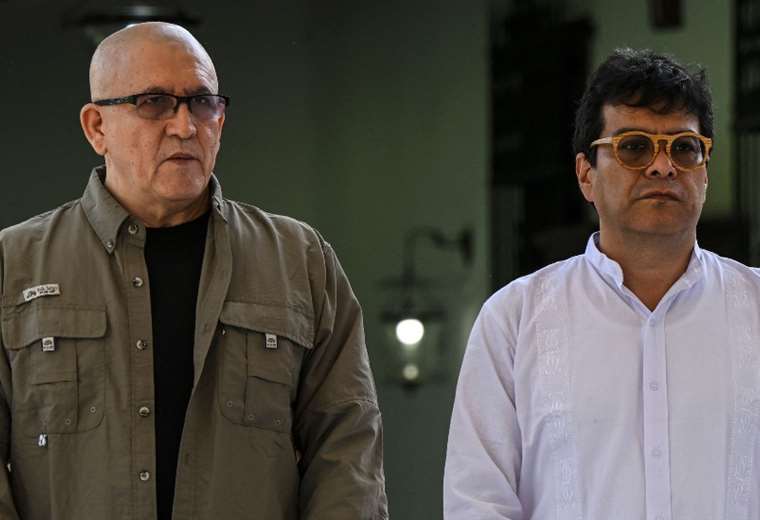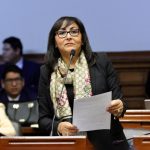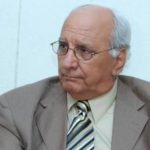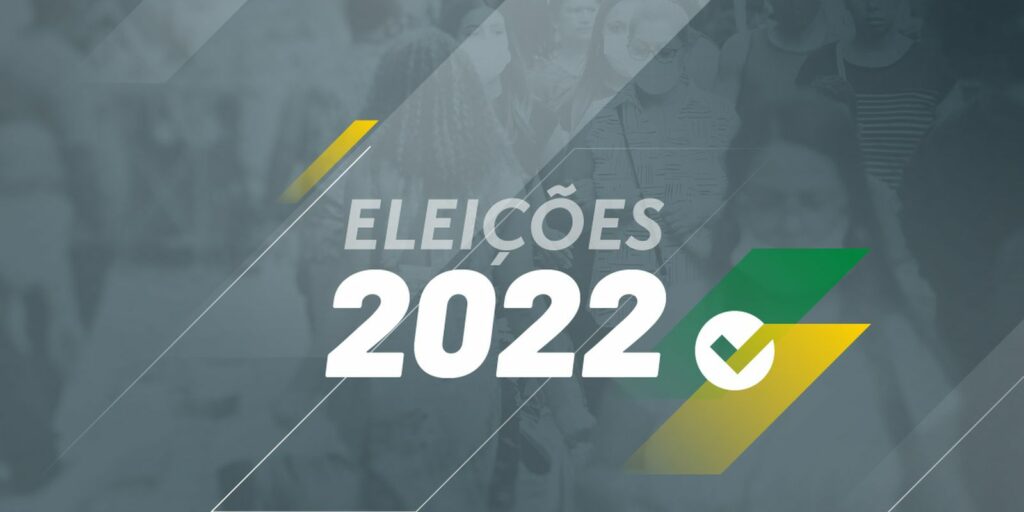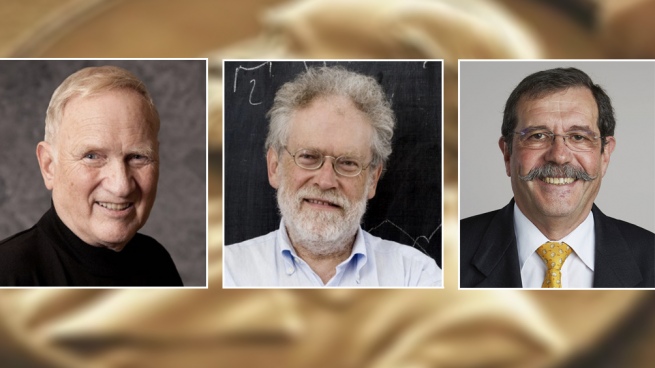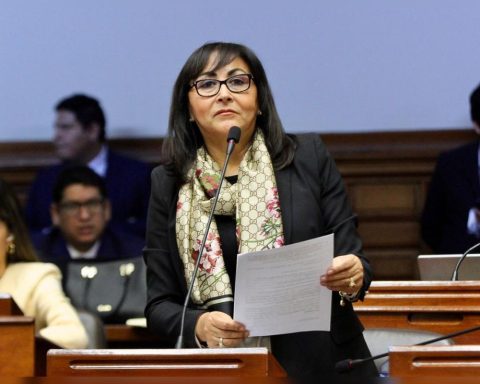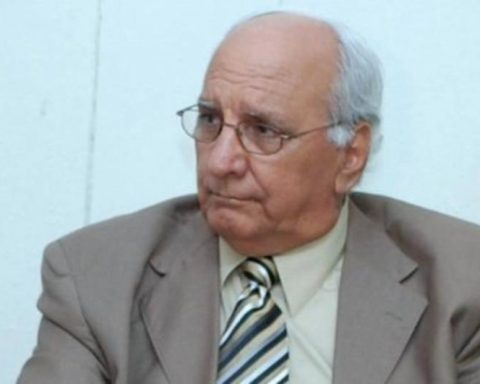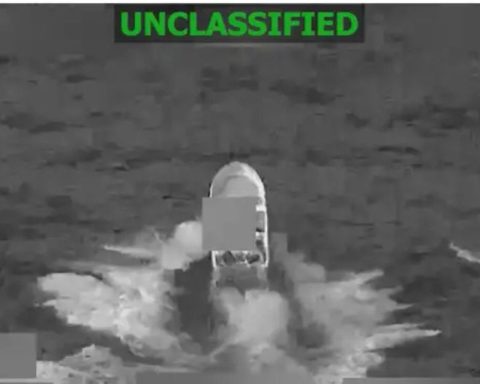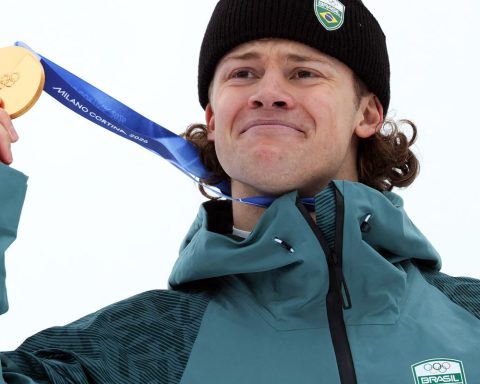October 4, 2022, 15:45 PM
October 4, 2022, 15:45 PM
The government of Gustavo Petro and leaders of the National Liberation Army (ELN) announced on Tuesday that the peace talks between the Colombian state and the guerrilla group are resuming.
At a meeting in Venezuela, delegations from both parties announced that from the first week of November the agenda will be resumed created together with the government of Juan Manuel Santos and suspended in January 2019 by the then president, Iván Duque.
Created in 1964 and inspired by the Cuban Revolution, the ELN guerrilla is currently the most powerful in Colombia. Although all governments have tried to sign a peace with the insurgent group, all have failed due to mutual breaches and changes of government that hindered previous developments.
“The new political circumstances from Colombia have allowed negotiations to resume. The confidence we have now is that there is a shift in the peace policy”, Antonio García, first commander of the ELN, said from Caracas.
Danilo Rueda, Colombia’s high commissioner for peace, added: “We have complied with the protocols and we have complied with what the Colombian government signed. This generates confidence so that the dialogue is seen not as rhetoric but as a change.”
The parties clarified in a brief statement that the trading venues will rotatethat the UN will be the mediator and verifier of the negotiations and that Venezuela, Norway and Cuba will be guarantors of the process.
The armed conflict between the Colombian State and the guerrillas has left more than 200,000 dead, 8 million displaced and hundreds of thousands of disappeared.
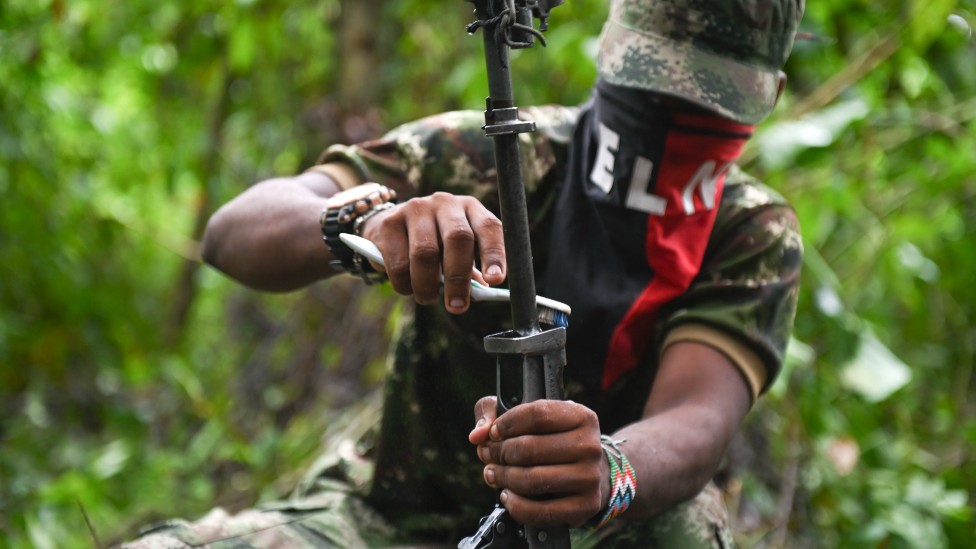
in 2016the government of Juan Manuel Santos signed peace with the most powerful guerrilla, the Revolutionary Armed Forces of Colombiabut since then FARC dissident groups, the ELN guerrilla itself and neo-paramilitary movements have proliferated, revealing the fragility of the peace signed six years ago.
In January 2019, President Iván Duque called off peace talks initiated by Santos in 2016 after an attack on a police school left 24 young officers dead.
Since then, part of the ELN leadership has remained in Cuba, another has taken refuge in Venezuela, and hundreds of combatants have followed the clashes on both sides of the border.
Analysis by Daniel Pardo, BBC Mundo correspondent in Colombia
Petro came to power with the promise of total peace, that is, signing political or judicial demobilization treaties with all the armed groups, be they guerrillas, paramilitaries or drug traffickers.
Last week, the government announced that 10 of the almost 30 armed groups that have a presence in the country accepted the multilateral ceasefire proposed by the president, although specialized study centers maintain that this is a difficult fact to verify.
Total peace may sound like an impossible goaljudging by the complexity of the Colombian conflict, which has dozens of diverse and fragmented groups in a vast and remote territory.
In addition, the precedent set by the agreement with the FARC, which according to experts was partially breached by the Colombian State, created an enormous degree of mistrust among the combatants.
Said that, no president had as much room for maneuver as Petro to develop this type of agenda, because his subversive past (he was a member of the M19 in the 1980s) gives him an unusual degree of trust with the insurgency to negotiate with his government.
Almost the entire government plan is in the direction of peace: the rapprochement with Venezuela, the profile of the appointed officials and the already initiated rural reform are gestures that seek to create a favorable scenario for peace.
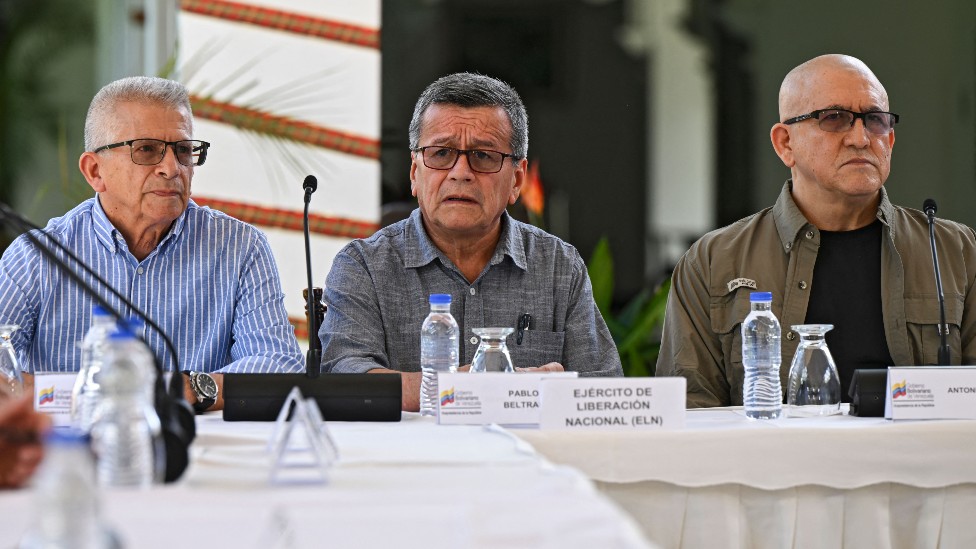
Now you can receive notifications from BBC News World. Download the new version of our app and activate it so you don’t miss out on our best content.
